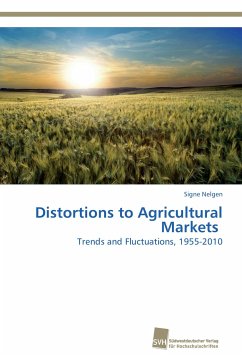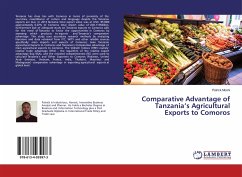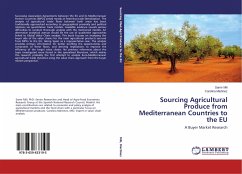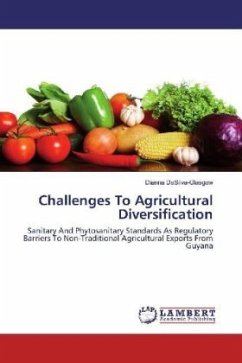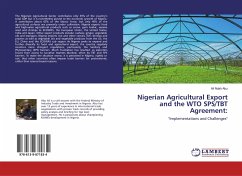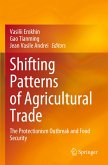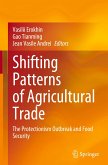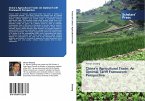Food prices have a large impact on many people's daily lives, especially in developing countries where some people's survival is a daily fight against hunger. Food price levels, volatility and extreme price spikes impact especially the population in countries where a large share of income is spent on food and earned from farming, which is the case in many African and other low-income countries. The worst market effects of a poor harvest caused by extreme weather events, floods, droughts, fires or other natural disasters can be eased through international trade, yet governments routinely restrict such trade, often in an attempt to stabilise their domestic food markets. This study analyses patterns and underlying political economy causes of long-run trends and short-run fluctuations in national distortions to agricultural incentives and food prices, capturing the most recent international food price spike and governments' reactions to it. The analysis shows, among other things, thevery considerable extent to which countries contribute to international food price volatility through altering their trade restrictions.
Bitte wählen Sie Ihr Anliegen aus.
Rechnungen
Retourenschein anfordern
Bestellstatus
Storno

